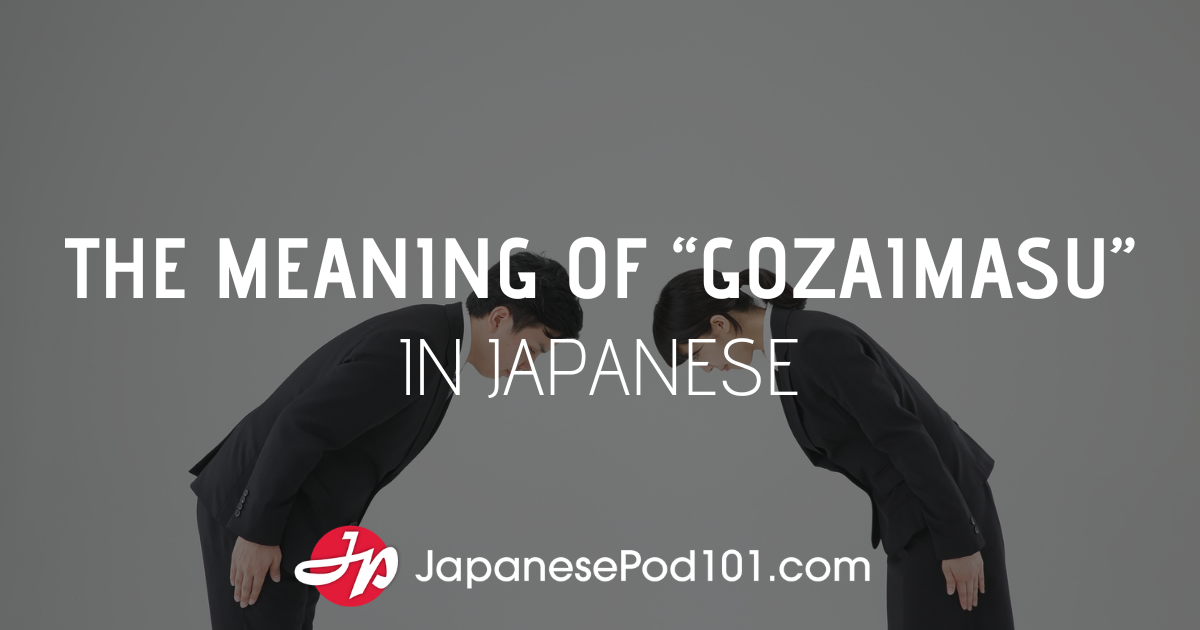| Quick Links Welcome to Kanji Curiosity | The Basics | Glossary |
Not long ago, one of my Japanese-language partners told me this:
むちゃがしたくなる。
I had no idea what he was saying, so he wrote it down (thank goodness for Skype’s chatting features!) as follows:
無茶がしたくなる。
That didn’t help at all. Among other problems, I couldn’t figure out where to divide the hiragana, so the romanized rendering seemed like this:
Mucha ga shitakunaru.
Huh? ¡Mucha confusión!
Kensuke explained that したくなる was したい (shitai: I want to do) + なる (naru: to become). The final い of したい had turned into く to accommodate なる. So we had “I want to do” or “I want to become” or some combination of the two.
I want to do what? Become what? The first word stumped me. If 無 is “no” and 茶 is “tea,” were we talking about a lack of tea? That sounded to me (a tea fanatic) like a crisis of major proportions. But Kensuke has never mentioned anything about a tea passion, and although I’ve now forgotten what we were discussing at the time, I’m certain it had nothing to do with tea.
When it came to translating 無茶, his English failed him, so I resorted to the dictionary and found this:
無茶 (mucha: absurd, unreasonable, excessive, rash, nonsense)
no + tea
He wanted to become absurd? Unreasonable?
Fortunately, my search in Breen’s dictionary had produced just one other result:
無茶苦茶 (muchakucha: confused, mixed up, unreasonable)
no + tea + suffering + tea
I recognized that 無茶 must be a cousin of 無茶苦茶, which in turn is an alternate way of writing 目茶苦茶 (mechakucha: disorder, confusion, eye + tea + suffering + tea). We examined 目茶苦茶 in depth last May, and because I love tea so much, I always remember it.
By the way, all three of these terms are ateji; the meaning of the individual characters has nothing whatever to do with the meaning of the whole word. That’s why they actually don’t say anything at all about tea.
As I murmured with sudden comprehension, Kensuke felt left out in the cold. He wanted an English translation of 無茶. But I still didn’t know enough to provide that, so I looked at sample sentences. There were many, and a slew of them did nothing to illuminate the issue at hand. Then I saw this one, and everything snapped into place:
氷のように冷たい水の中で泳ごうとするなんて彼も無茶なことをしたものだ。
Kōri no yōni tsumetai mizu no naka de oyogō to suru nante kare mo muchana koto o shita mono da.
It was mad of him to try to swim in the ice-cold water.
I sent it to Kensuke to verify that this sentence featured the same kind of 無茶 as his had. He said it did indeed. So I finally understood Kensuke’s sentence:
無茶がしたくなる.
Mucha ga shitaku naru.
I want to get crazy.
Did he really want to get crazy? I just felt tired! But he’s much younger than I, and on weekends he still lives like a college kid, going to bed well past midnight, sleeping till noon, and eating chocolate cake for breakfast. So it’s appropriate that he used the sort of “crazy” that English speakers associate with the term “crazy college kids.”
狂う: Kuruu
A few other Japanese terms express a similar sort of craziness, one that means “lack of restraint” or “lapse in judgment.” All the rest of the terms in today’s blog express that kind of craziness, and all include a kanji that took center stage last week:
狂 (KYŌ, kuru(u): lunatic, mad; suffix meaning “enthusiast” or someone with a certain mental abnormality)
The kun-yomi form translates as follows:
狂う (kuruu: to do crazily)
The following terms have spun off from that verb:
遊び狂う (asobi-kuruu: to paint the town red)
to play + to do crazily
荒れ狂う (are-kuruu: to run amok) wild + to do crazily
We saw the first kanji in the Verbal Logic Quiz last week. If someone ever said are-kuruu to me, I’d have no prayer of following along. I would hear it as “to come” (kuru, 来る) from “that” (are). And it wouldn’t make sense. In other words, nothing would come from that!
狂気: Kyōki
A final way of doing something crazily involves 狂 in its on-yomi form, KYŌ:
狂気 (kyōki: craziness, madness) crazy + spirit
As it turns out, another language partner of mine used this word with me once. I had told him that he was so disciplined and hard-working that he reminded me of the writer Yukio Mishima. Here’s what my partner wrote in response:
あそこまで狂気じみていません。
Asoko made kyōkijimite imasen.
I might be crazy, but I’m not as crazy as he is.
Making Sense of This Sentence …
I guess that’s good, or my partner wouldn’t be long for this world.
The word 狂気 shows up inside one phrase:
狂気のさた (kyōki no sata: crazy deed, unbelievable deed)
You can write さた (sata: affair, state) with two kanji:
沙汰 (sata: affair, state) sand + to sift out
Hmm, what’s going on here? The first kanji means “sand,” and the second means “to sift out.” To sift out sand? There’s also lots of water (
) in this compound. You’ll find an explanation at the link.
To explore 狂気のさた, I’m providing two more sample sentences, but each is quite a bit easier than the first two samples we’ve seen today! Those were … crazy! And it was mad of you to try to figure them out! That is,
理解しようとするなんて狂気のさただ。
As you may know, 理解 (rikai: to understand + to understand) means “understanding.”
To put it another way,
理解しようとするなんて無茶なことだ。
Too much hard work! Time for your Verbal Logic Quiz!









